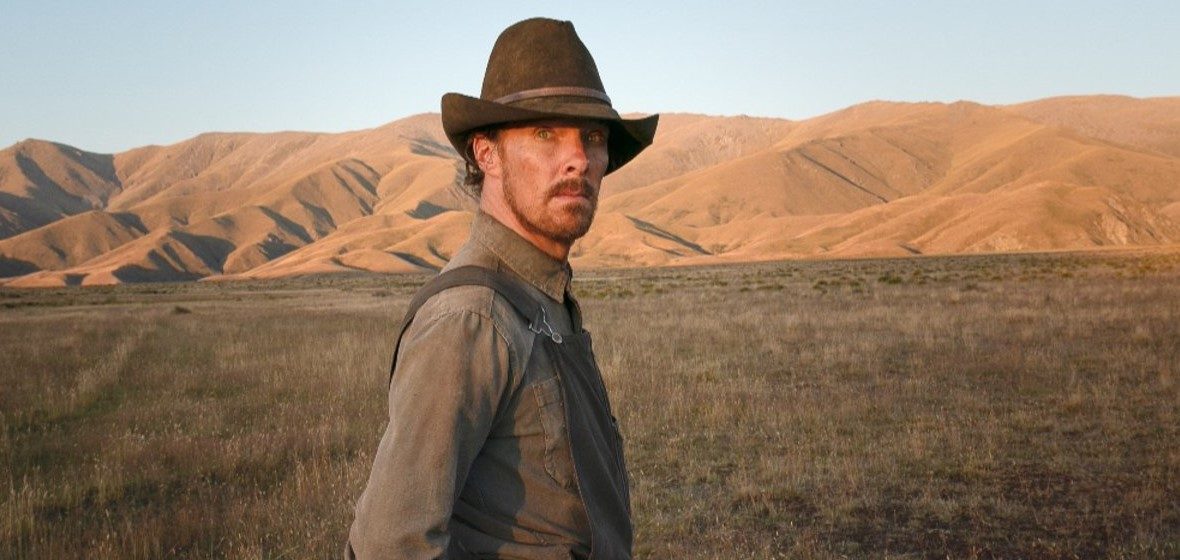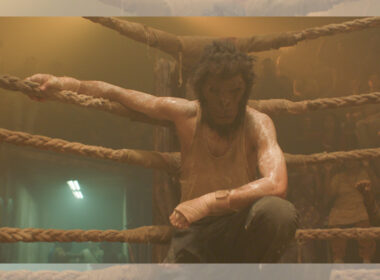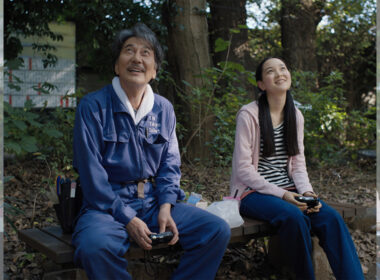Rating: ****
Very few filmmakers can claim the same consistency Jane Campion does in a career more than three decades long. With just six features under the belt, she is part of that pantheon of artists who don’t rush a new project for its sake but let it gestate in quiet and careful preparation. It’s filmmakers like herself, Lynne Ramsay or Abderrahmane Sissako, who release new projects only when they’re ready – and it shows. Each film feels honed and prepared, with added layers of complexity but, above all, visual poetry that can only come from hard-working intelligence.
Enter The Power of the Dog, Campion’s new feature 12 years after her last one. Based on a novel by Thomas Savage, it’s an atypical western set in a time westerns forgot, in a place westerns neglected. The dramatic backdrop of New Zealand’s stony mountains is a perfect placeholder for the American state of Montana as it gives a dreary sense of a place that does not exist anymore, somehow misplaced in time, and found only on a fantasy land. Sometimes you see a car, someone references the moving pictures, but everything else – the steam engines, the saloons with pianolas and prostitutes, the contact with the Native population, the arid tragic and unrelenting backdrop, is all part of a visual language from way back. There is a point to it, one that runs a perfect parallel with the characters.
We follow the Burbank brothers, who could not be more different from each other at the start of this story. Phil (Benedict Cumberbatch) is a man’s man, a proper rough cowboy who has never used the house’s bath to wash up. No, Phil washes in the river, like a man, and only when he happens to pass by one. On the other hand, there’s George (Jesse Plemons), quiet and proper, who yearns for something more for his life than herding cattle with the boys. Specifically, he wants a wife and a social status. He finds the first one in Rose (Kirsten Dunst), a widowed restaurant owner. She dedicated her life to sheltering her delicate son Peter (Kodi Smit-McPhee) from the harsh reality of the country.
Phil doesn’t see Rose as a threat, but he sees her as a disturbing force. For him, women come in three forms – the maid, the mother and the prostitutes of the saloon. Not as wives that soften his men into an idea of masculinity he doesn’t believe. Even worse is Peter, whose own presence offends Phil. Peter is artistic, crafty, and his feminine manner becomes a target for Phil and his men. They bully him, call him names, strive to make the young boy afraid of them, like a pack of alphas asserting their continued dominance.
This animal comparison is on purpose. For the first half, Campion has fun breaking apart the hyper toxicity in their masculinity. Showing Phil and his men like one would film a pack of wild, threatening animals. On the other hand, George, Rose and Peter are gentle souls, educated and in touch with their emotions – they can do no wrong and no sin.
It’s precisely at the halfway mark, in the dinner scene to end all dinner scenes, that the veil is pulled. George reveals a naiveté he is unaware of, Phil stands out as more powerful than previously believed, and Rose, who notices this shift, is suddenly vulnerable.
Campion crafts everything so well, we may be in the first contender for Awards season. She uses references from classic American Westerns but recontextualises them to remove the hue of heroism for a menacing tone. The characters are typically backlit, their faces covered by a soft shadow that makes them difficult to read – to the ironic exception of Peter, who is usually lit so we can try and decode his expressions. Sometimes there’s a halo-like glow behind the characters, contrasting with the deep, darkened walls. It’s a strikingly gorgeous film that reminds us of Ford, Houston, Charles Laughton, but also of Paul Thomas Anderson’s There Will Be Blood.
Phil is a new challenge Cumberbatch needed for his filmography, and it will not be a surprise if his name pops out for the Oscars, but it’d be unfair to neglect Smit-McPhee and Dunst. The first is terrific at fooling us until the exact last shot. The second takes the seismic change to her performance with so much artistry, and it’s probably her best role since she carried Melancholia with sweat and tears.
But this is all because of Campion. This film is not only expertly directed and tightly written; it’s done with philosophical purpose. It sets out to explore puzzling characteristics of masculinity without being condescending. It’s not simply a metaphor for the impending extinction of the western patriarchal convention. That would be too easy. The Power of the Dog is more intricate than that, and it asks to be discovered, analysed and discussed. It lingers with you long after you finish watching it.
The Power of the Dog is LSJ’s film giveaway for November. Please send your LAWID and postal address to [email protected] for your chance to win a double pass.




